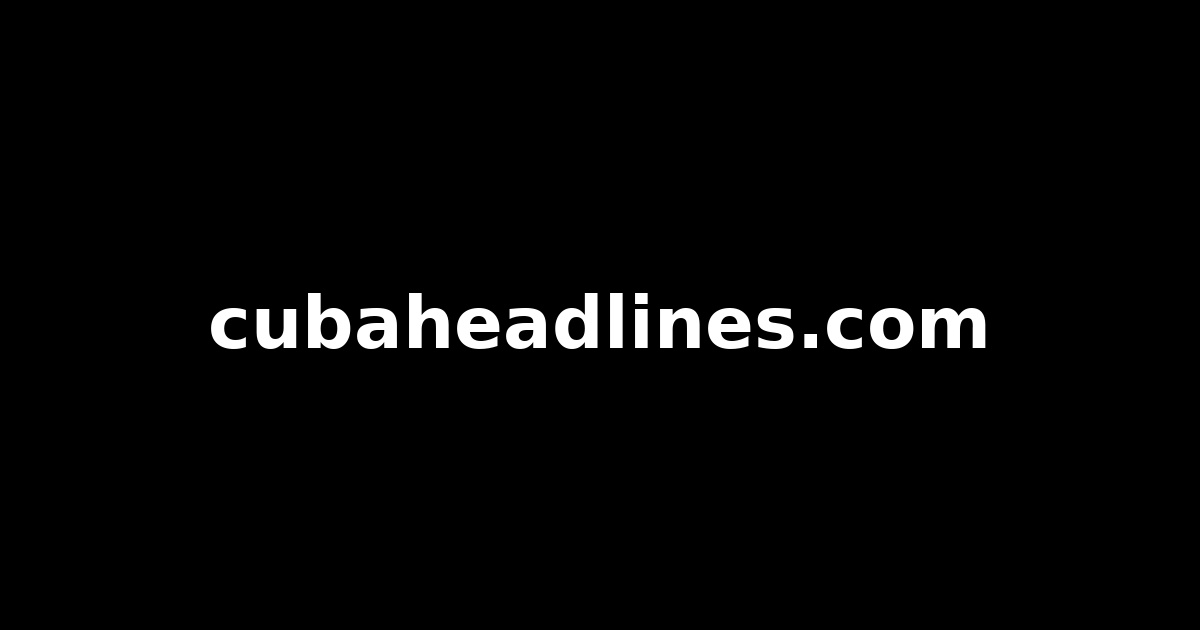Guillermo Jimenez on his book PROPRIETORS, 1958
- Submitted by: admin
- Arts and Culture
- Literature
- 06 / 15 / 2007

Evaluations of the book were given by a panel consisting of historians Jorge Ibarra, Oscar Zanetti and Míriam Venero. Jiménez explained that one of the motives for prompting it was the fact that the younger generations did not live under capitalism or know the capitalists who, beyond other considerations, are part of the Cuban essence.
The launch was opened by Iroel Sánchez, president of the Cuban Book Institute, who referred to the exceptional attendance at this particular Sábado del libro. The large audience exceeded all expectations, including those of the author. That confirmation prompted Iroel to announce the rapid printing of a second edition.
"I am surprised, I consider myself a professional intruder; what motivated me was my desire, from the time of my adolescence, to know the history of my country. I think that for the book, or for the author, all these people meeting here have come because many of them are friends and comrades who have been very generous to me. I am really surprised and grateful but, well, Cubans have been used to surprises for centuries now."
What can readers find in this work?
This is one of four books in which I have tried to provide a panorama of capitalism and the Cuban oligarchy, going to the roots of it, into the twists and turns of how the oligarchy was formed; how the much-mentioned capitalism functioned with its power networks, its ins and outs; in other words, the relations established in the heart of the oligarchy via family relationships, via cultural institutions, educational institutions, all the institutions that preserved their interests and, in turn, how all the references in manuals to the power relations between the economic sector and political power really operated.
For me, there was always something that I questioned, so I began to investigate it for myself in order to satisfy my interest as a Cuban and I noticed that there wasnt much bibliographical information. In this field of history we need to facilitate the way for the new generations, by contributing to forming a sense of patriotism, so that they fully understand, without any obstacles, all aspects of the history of their country and its culture. Knowing our history made my generation more patriotic, more revolutionary.
Can your work be considered as a preponderantly economic consultation dictionary?
No, I dont think its only economic. Its a fact that it is fundamentally economic. I try to explain what I have read in many manuals and have heard in many conferences. I have tried to show that in a class society, the strongest sector in the economy is the one that dominates all the rest; if we have a capitalist system, one would suppose that the bourgeoisie or the oligarchy - so little known to my generation - are the dominant sectors. In order to integrally understand how the economic and political model functioned, one has to approach - from an economic viewpoint - the other social, political, cultural and religious relations.
Society is a combination of elements, it cannot be divided, although, unfortunately, we are steadily specializing more in science and the humanities; one has to have a vision of the whole and the point at which Marxists say that everything comes together is in economic motivation. Modestly, that is what I have tried to do.
What is going to follow on from this success?
I am immersed in a study on capitalism and the Cuban oligarchy. First I published Las empresas de Cuba (Cuban Enterprises), in the same dictionary format; to me that seemed more useful. The work being launched now is a very rigid selection of those who were the heavyweights, the most important, with all the details that I could acquire. This one will be followed by a book in the form of an essay, titled La burgesía en Cuba (The Bourgeoisie in Cuba), another investigation into this social class, how they were, how they arrived there, what institutions of economic, political, cultural and social power they created to maintain their interests, to maintain the fundamentals of a social class, which is to maintain their power; that is what I am attempting to study.
But I shall also analyze them as human beings, who they were, who their parents were, who they married, how they spent their free time. I think that one of the questions in analyzing human beings is in terms of how we spend our leisure time.
And what is the fourth book that brings the voluminous investigation to a close?
That will be a little fresher. I am proposing an essay on capitalism in Cuba, but Ill say beforehand that it wont be a theoretical essay. I am thinking of a work that accumulates all the basic information on what the Cuban economy was during capitalism; above all, how it functioned, because were always talking about capitalism in Cuba. There are characteristics that really have aspects of classical models of capitalism, but there others related to the formation of our nationality, which is a highly characteristic one and, while we do have very common links with Latin America, we also have particularities that have made us what we are, a fabulous people.
Source: Lyliam Lee Hernández, Granma Internacional
Comments